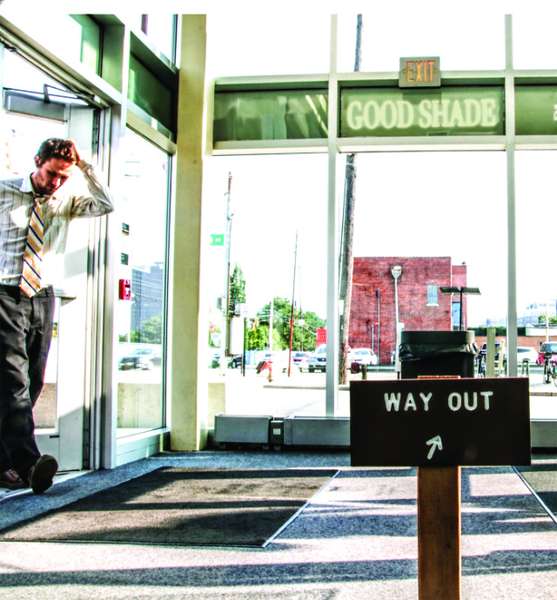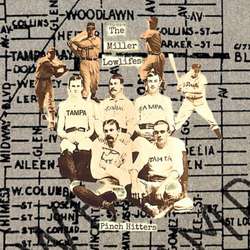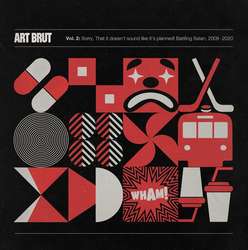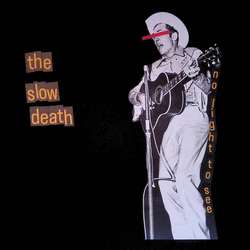Dirtnap is a fascinating label in how they’ve developed a certain sound to their releases, regardless of what part of the world or what particular scene the musicians hail from. Sure, there’s the Marked Men connection with many of their releases, but that’s only a piece of what the label has put out.
Good Shade is Shane Natalie, a one-man band that’s not really a one-man band. Confused yet, because I’ll clarify. Natalie performs everything on Way Out, but live it’s a full band. It’s also definitively a band in sound: the instrumentation is full and complete, not a solo guy onstage with a guitar in hand and a stomp drum.
The record has that familiar up-tempo, harmonic pop structure that Dirtnap fans already know well. Where it separates from the pack within this genre is really surprising, given that Natalie recorded everything himself. It’s the secondary vocals that give extra spice and depth through the record, whether it’s the backing tradeoffs on “Must Have Been” or the harmonies in “I Don’t Want Anymore.” Another strength is the crescendo and building energy on display at about the two-thirds mark of “Must Have Been” or the powerful “Credit Score.”
There’s a lot of emotion on the record, and it’s accomplished while the guitar and rhythm hold steady throughout the whole thing. Instead, Good Shade really emotes through vocal interplay and dynamics. The midtempo balladry like “Apnea,” “Hurry It Up,” or “401” can really go deep and thoughtful and then they burst out with a peppy, powerful movement that later shifts back. It’s really powerful, though I’m going out of my way not to put those words together [power ballads]. This record has some of the best melodies I’ve heard in quite a while.
Way Out isn’t just The Shane Natalie Project, it’s a potent, energetic record that displays a surprising amount of worn-on-its-sleeve emotion. This style of music often gets a little samey for me after a while, but the strength of the melodies combined with the differing tempos counter that on Way Out, though I do start to feel it toward the end.




